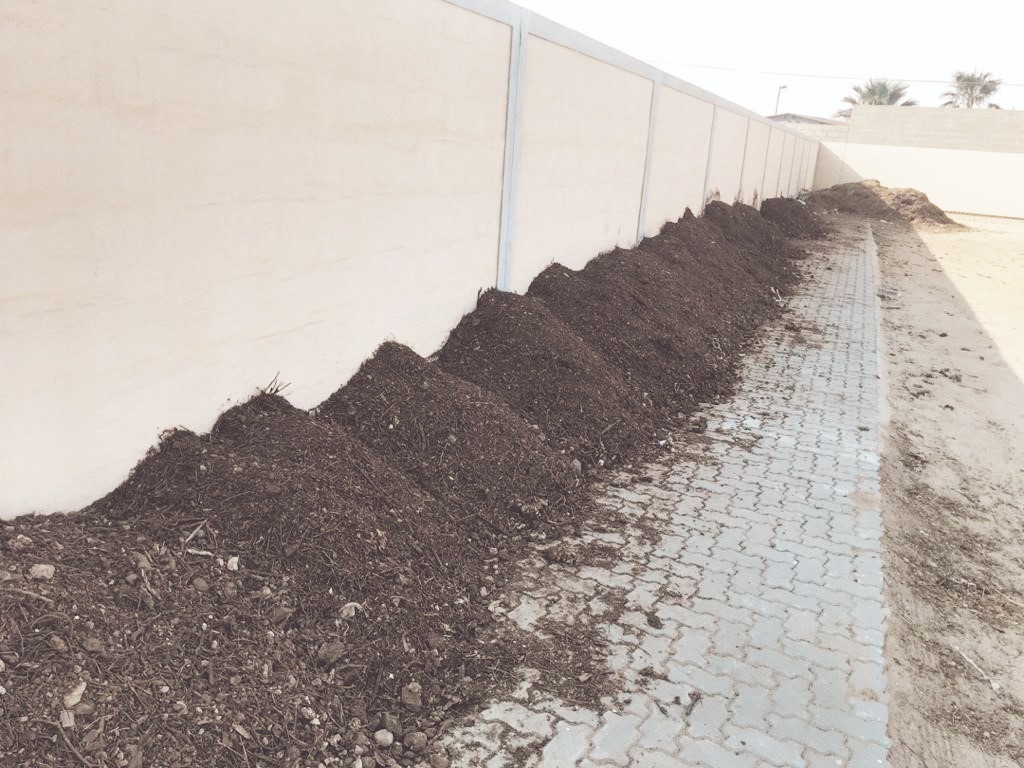The Cosdec Swakopmund agriculture project aims at promoting agriculture, strengthening food security, increasing employment and reducing waste.
The Community Skills Development Centre’s project was established in 2021 and has so far recorded a number of success stories.
The project has so far provided training to more than 200 community members through the delivery of the six-week course entitled: “Vegetable gardening for beginners”. This has enabled trainees to grow their own food and be able to provide for their families, sell any excess to increase household income and set up commercial vegetable production at their farms throughout Namibia.
The project has assisted 217 families, individuals and community organisations to establish backyard gardens through provision of basic starter kits and ongoing support.
It has been diverting approximately 10 tonnes of waste from the municipal landfill each month, towards compost production and worm farming.
The project produces over 200kg of vegetables each week, comprised of 150kg of spinach, and 200 bunches of radish. This is quite an achievement considering Swakopmund’s barren sandy soil. The fresh produce is supplied to Food Lover’s Market and some of the local restaurants.
With income generated from the sale of fresh produce, the project has been able to employ seven staff members (four full-time and three part-time) and to cover other project overheads.
This project has four core aims:
• Food security: To cater for the most marginalised in the community. Namibia is reliant on imported food, including fresh vegetables, which has driven up costs over the last few years, making fresh produce largely unaffordable to the poorer population. By enabling Namibians to produce more of their food locally, the project aims to reduce the reliance on imports and make prices of vegetables more affordable.
• Job creation: With high unemployment in the country, the creation of small and micro enterprises is essential for families being able to become self-sufficient. Encouraging women to generate an income from selling their excess produce will enable them to not only provide fresh vegetables to their family, but also earn income to support their families.
• Waste reduction: Turning food scraps and garden waste from the municipal landfill into compost, reduces waste and creates a more sustainable environment. Collected waste is mixed with horse manure from local stables and, using the Berkeley method of composting, it is turned into compost that is ready to be used for planting of crops within three weeks.
• Promotion of sustainable agricultural methods: Sustainable methods include composting, the use of organic fertiliser and water conservation. The Cosdec programme involves a multidisciplinary approach, combining knowledge of soil health, plant physiology, sustainable agriculture, seed saving and financial sustainability.
The project also signed a field level agreement with the United Nations World Food Programme in May 2023, to lead the implementation and revitalisation of food security programmes in five locations, namely Olukula, Epako, Tsumkwe, Opuwo and Stampriet. This was successfully completed and all sites are in full operation.
Stay informed with The Namibian – your source for credible journalism. Get in-depth reporting and opinions for
only N$85 a month. Invest in journalism, invest in democracy –
Subscribe Now!






